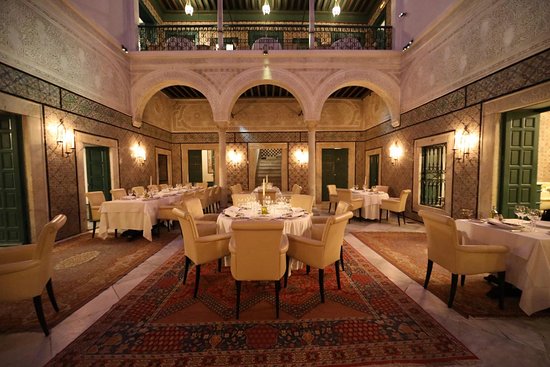Tunisia
WELCOME TO Tunisia
Country Overview
Tunis
163,610 km2
11.9 million
Arabic
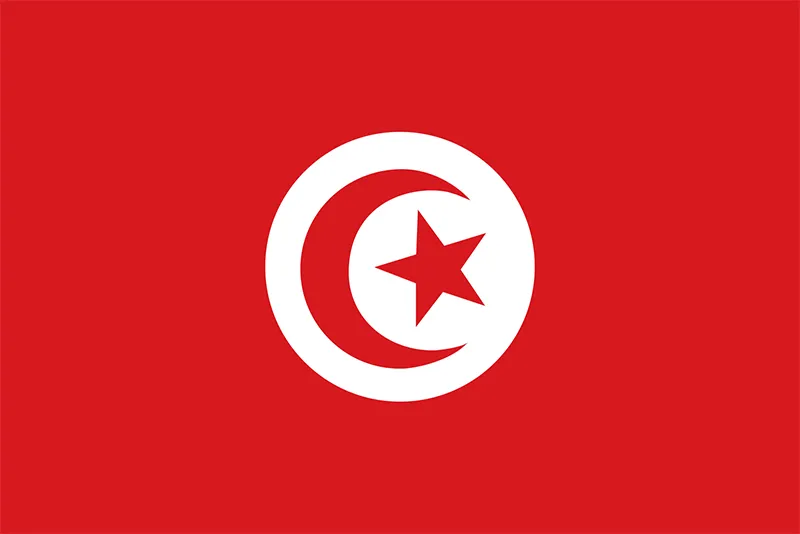
Popular
Geography and Tourist Attractions
Information about the country's tourist attractions, including popular destinations, events, and activities.
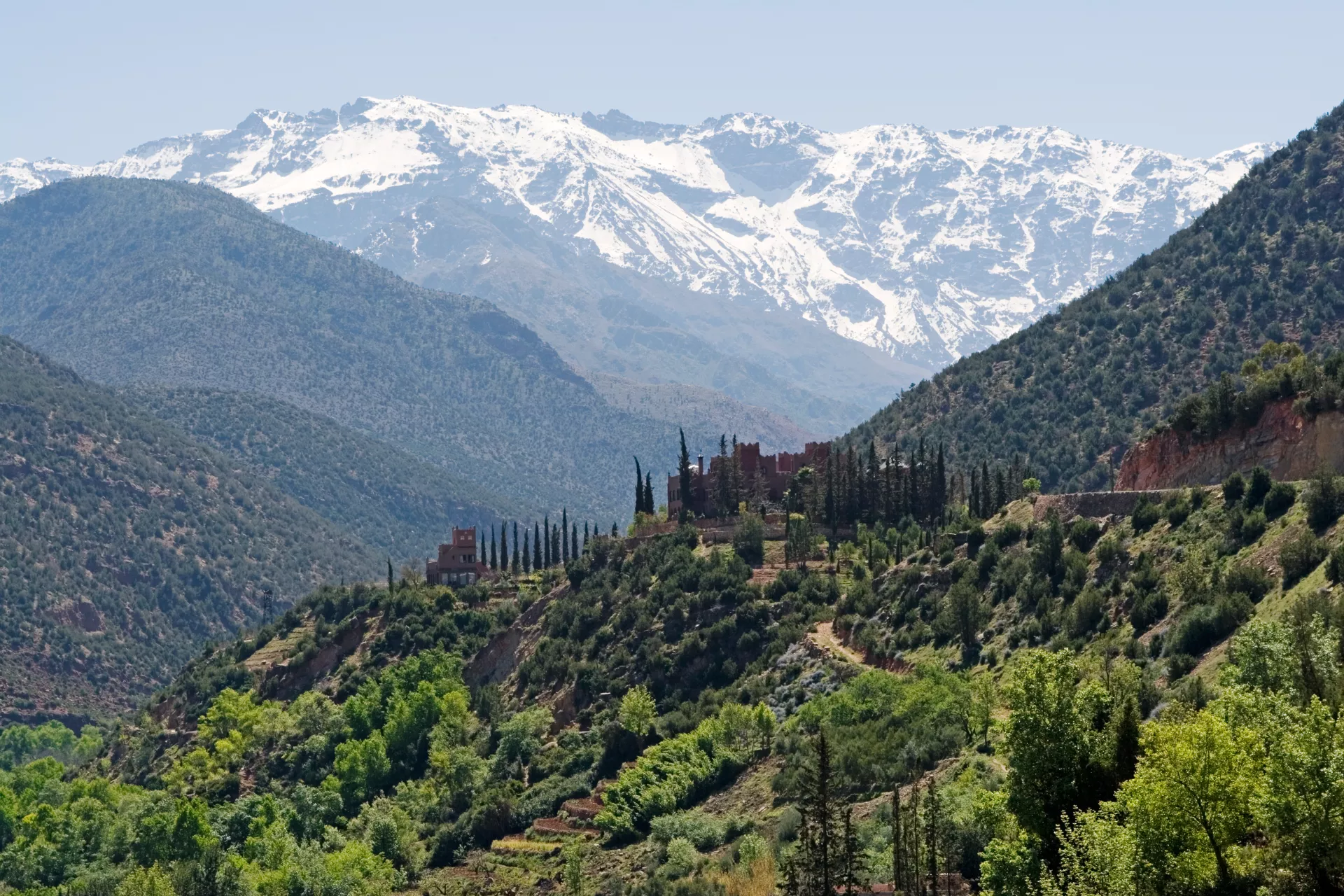
Atlas Mountains
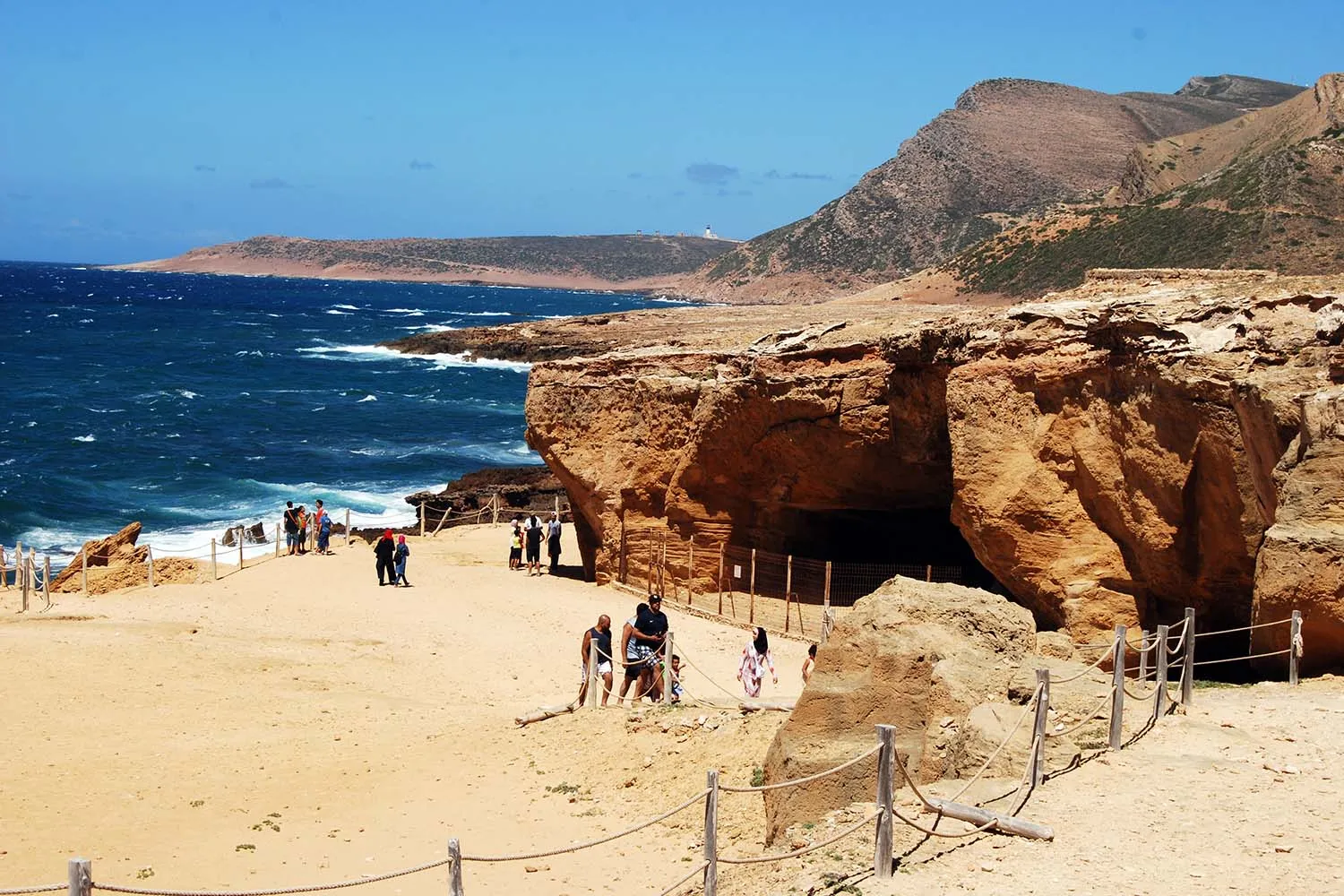
Cap Bon Peninsula

Medina of Tunis
Political
Economy and Government
Tunisia has a mixed economy characterized by agriculture, industry, and services. The country's government plays a significant role in economic planning and development. With a focus on diversification, Tunisia has made progress in transitioning from a state-controlled economy to a more market-oriented one.
The agricultural sector in Tunisia contributes to the economy by producing olive oil, citrus fruits, grains, and dates. Industrial activities include textiles, automotive parts, electronics, and tourism-related industries. The services sector, particularly tourism, plays a crucial role in generating foreign exchange and providing employment opportunities.
Tunisia's government operates as a semi-presidential republic. The President, elected by popular vote, serves as the head of state, while the Prime Minister is the head of government. The Parliament consists of the Assembly of the Representatives of the People and the Chamber of Advisors, ensuring a system of checks and balances.
In recent years, Tunisia has faced economic challenges, including high unemployment rates and regional disparities. However, efforts have been made to improve economic governance, attract foreign investment, and enhance competitiveness. The government has implemented economic reforms to promote private sector growth, entrepreneurship, and job creation.
Tunisia's economic and political stability remains a priority, as the government seeks to address socio-economic issues and promote inclusive growth for the benefit of its citizens.
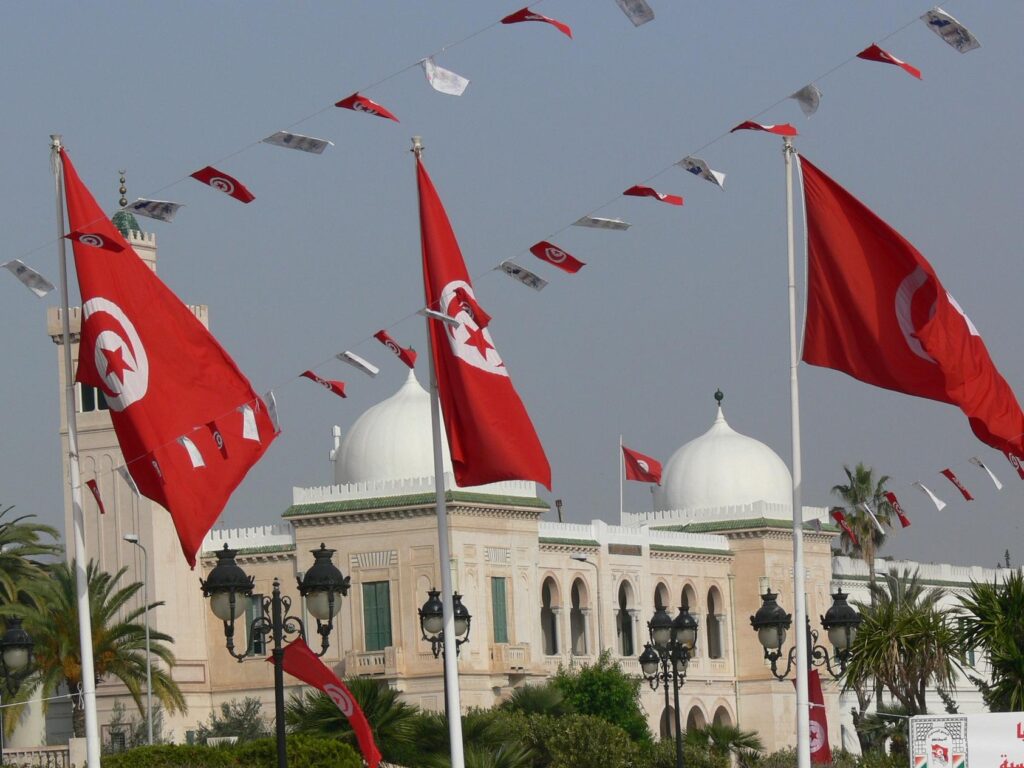
History
History and Culture
Tunisia, located on the Mediterranean coast of North Africa, is a country rich in history and culture. With a legacy dating back to ancient times, Tunisia has been influenced by various civilizations, leaving behind a diverse cultural tapestry.
The Phoenicians, Romans, Vandals, Byzantines, and Arabs have all played significant roles in shaping Tunisia's history. The ancient city of Carthage, once a mighty Phoenician colony, stands as a testament to Tunisia's past glory. Its ruins offer a glimpse into the Carthaginian civilization that rivaled the Roman Empire.
Tunisia's Islamic heritage is also prominent, with exquisite mosques and historic medinas showcasing the influence of Arab-Islamic architecture. The medina of Tunis, a UNESCO World Heritage site, preserves the essence of a medieval Arab city with its narrow alleyways, vibrant souks, and magnificent palaces.
Furthermore, Tunisia boasts a rich artistic and literary tradition. From renowned Tunisian poets like Aboul-Qacem Echebbi to modern writers like Hédi Bouraoui, the country has produced notable literary figures. Tunisian music, such as the traditional Malouf and the popularized Tunisian rap, reflects the nation's cultural diversity and artistic expression.
In recent times, Tunisia's cultural landscape has also been influenced by its struggle for independence and the Arab Spring. The revolution in 2011 brought forth a renewed sense of national identity and a desire for democratic reforms, making Tunisia a symbol of hope and resilience in the region.
Overall, Tunisia's history and culture stand as a testament to its vibrant past and its enduring spirit as a nation.
HOTELS

La Badira Hotel
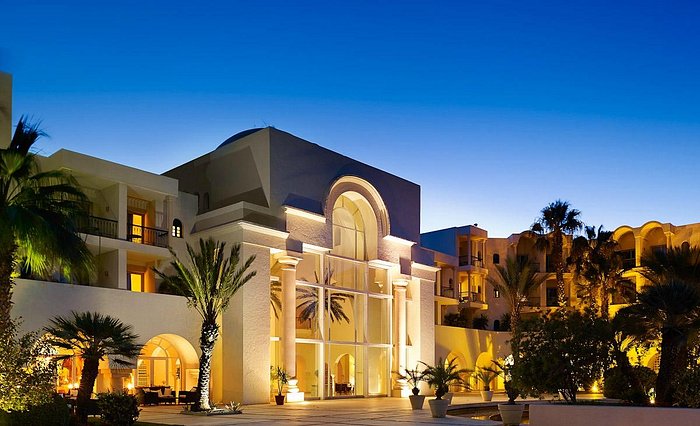
The Residence Tunis
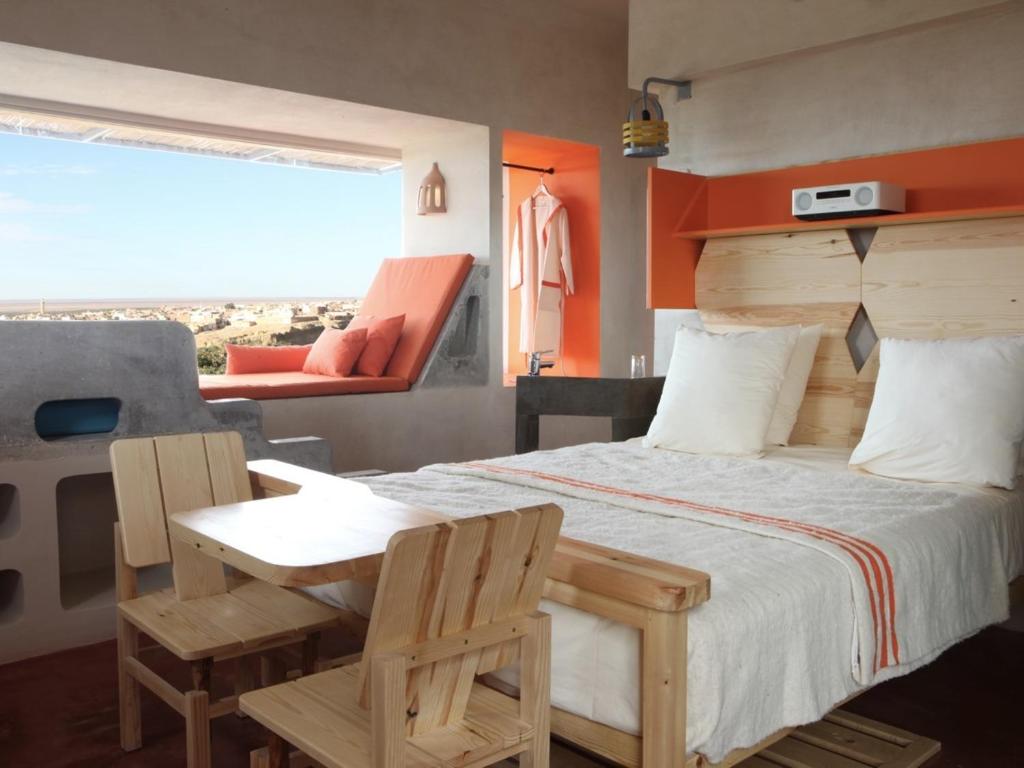
Dar Hi Hotel
RESTAURANTS

Le Sidi Bou Said Restaurant
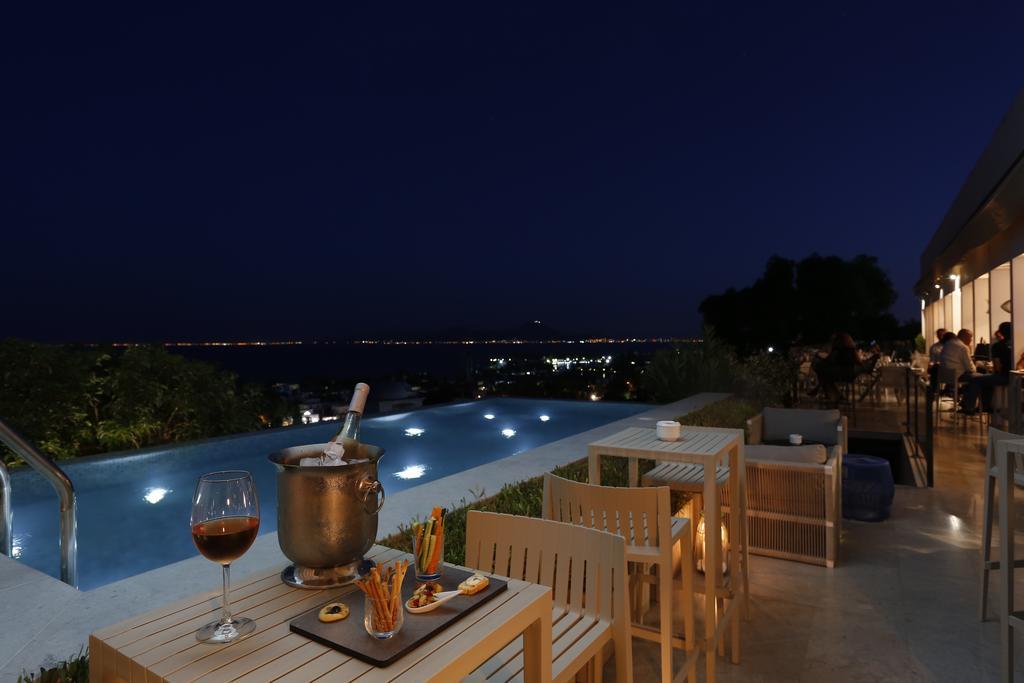
Villa Didon Restaurant
